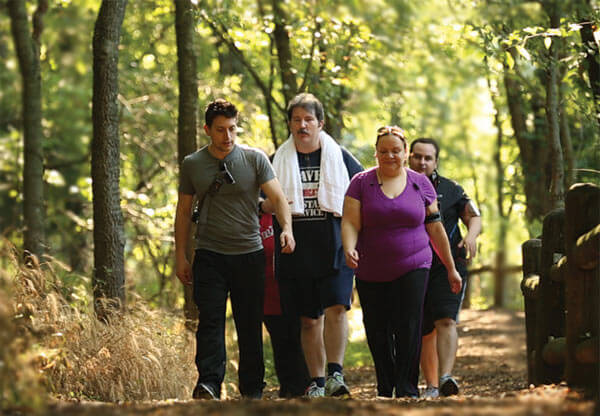Sober Summer Strategies
Summer is filled with festivities, including everything from pool parties and barbeques to weddings and beach outings. Often, however, these experiences are accompanied by alcohol. And for anyone in recovery or struggling with alcohol misuse, these events can be triggering.
But summer doesn’t have to derail your recovery, nor does it mean you must steer clear of the fun with your family and friends. Here are 8 tips to help you retain your sobriety while also having some hot fun in the summertime.
1. Plan for a sober summer success.
That old saying is true: A failure to plan is a plan to fail. So as you approach various summer activities, carefully assess your plans to make sure they don’t negatively affect your recovery. You may want to add or subtract events from your list of activities based on this analysis. Or, you may want to think through which (if any) activities will have alcohol in the mix and strategize ways to ensure your sobriety. Can you bring a sober buddy with you to the event to offer support? Perhaps you can meet with a therapist or attend a 12-step meeting shortly before the soiree. Maybe you can bring a special nonalcoholic beverage to the party to ensure you’re not tempted to imbibe. The idea is to think through what might trigger a relapse and to take steps to avoid or address those triggers before they occur, not after.
2. Stay vigilant in all aspects of recovery.
If you think you may be triggered by summer events, make sure your recovery plan is on point in all areas. That is, maintain your healthy eating, exercise, mindfulness, support groups, therapy, etc. With a complete arsenal of fine-tuned tools, you’ll probably be less likely to relapse due to a single event.
3. Surround yourself with people who support your sobriety.
This might mean taking a sober friend to an event to ensure you both stay in recovery. Or it could mean planning outings for a group of alcohol-free peers. It might also includ ensuring you have therapists and professionals at the ready. The point is to surrond yourself with support all summer long.
4. Give yourself grace for any past setbacks.
Maintaining recovery from an alcohol use disorder is an ongoing process that can include setbacks. So if you’ve relapsed in the past, give yourself some grace as opposed to beating yourself up, as the latter course certainly won’t help your recovery. Rather, chalk up the misstep as part of the process, learn from your experience, and take whatever steps are necessary to ensure you don’t repeat the experience.
5. Seek professional help and peer support.
If you know that summer and its myriad activities might be triggering, take some proactive steps by speaking with a counselor, psychologist, and/or peer support regularly. Also note that professionals take vacations too. So consider scheduling therapy sessions in advance to ensure you get the support you need when you need it.
6. Seek out sober events.
Sure, alcohol is certainly part of some activities. But plenty of sober events are available as well. For example, some community events actually ban drinking on the premises, and various sober organizations offer festivities of their own. Summer is the perfect time to seek out these options and perhaps forge new friendships and find new support groups to aid you the rest of the year.
7. Try a new outdoor hobby.
Summer is the perfect time to enjoy the outdoors, but you don’t need a family event or community festival to do so. Rather, consider starting a new outdoor hobby yourself, such as hiking, biking, kayaking, gardening, sailing, horseback riding, and on and on.
8. Plan a sober travel trip.
Rather than strategizing ways to cope with alcohol-centric events, why not plan an entire trip centered around sober activities, lodging, entertainment, etc.? Google around for sober hotels, resorts, etc., and even entire vacation packages. You’ll likely be surprised at how many options are available.
If you’re struggling with an alcohol use disorder, there are myriad resources to help. Support during an active addiction as well as during sobriety is equally important. American Addiction Centers (AAC) is a nationwide leader in addiction treatment and provides medical detox, aftercare planning, and inpatient, outpatient, and telehealth treatment. Reach out to us at to get the treatment—and/or sobriety support—you need.


